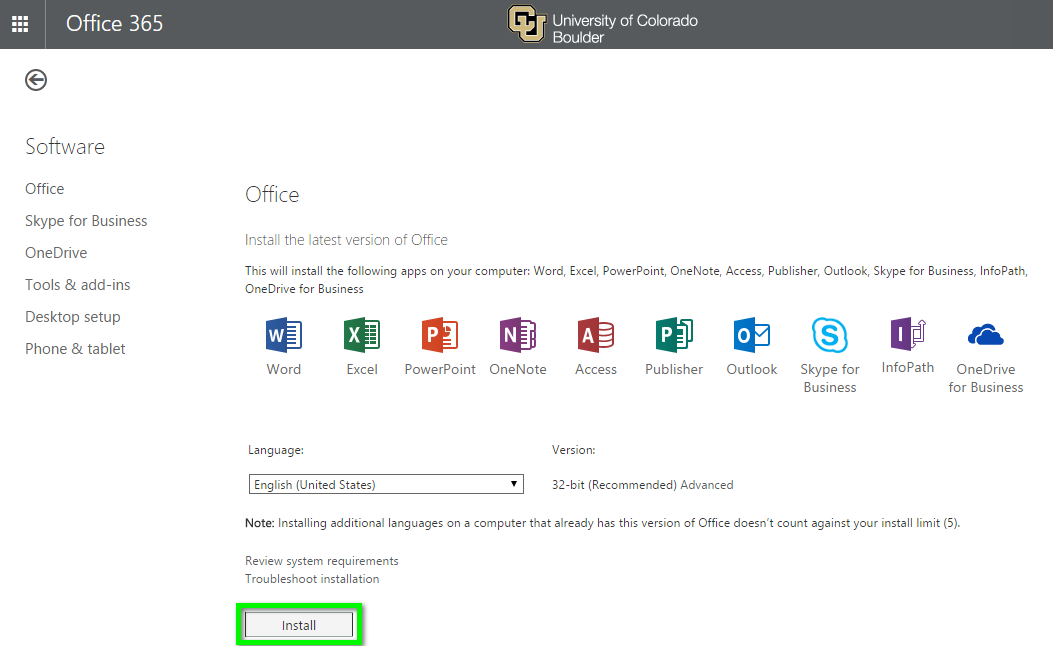Windows Cluster Types
Applies to: Windows Server 2019, Windows Server 2016
A failover cluster is a group of independent computers that work together to increase the availability and scalability of clustered roles (formerly called clustered applications and services). The clustered servers (called nodes) are connected by physical cables and by software. Finally, I’d like to review what’s new in failover clustering in Windows Server 2016. Actually, I wrote this article a couple of months ago for Russian official Microsoft blog so if you are Russian you can go to this resource to read it in your native language. Windows Server 2019 Failover Clustering types and uses have certainly expanded the various applications of Windows Server Failover Clustering technology and broadened its scope in the enterprise. Today’s business-critical workloads are required to be more and more resilient and redundant to support “always on” infrastructure driving today’s very web-centric businesses.
A failover cluster is a group of independent computers that work together to increase the availability and scalability of clustered roles (formerly called clustered applications and services). The clustered servers (called nodes) are connected by physical cables and by software. If one or more of the cluster nodes fail, other nodes begin to provide service (a process known as failover). In addition, the clustered roles are proactively monitored to verify that they are working properly. If they are not working, they are restarted or moved to another node.
Failover clusters also provide Cluster Shared Volume (CSV) functionality that provides a consistent, distributed namespace that clustered roles can use to access shared storage from all nodes. With the Failover Clustering feature, users experience a minimum of disruptions in service.
Failover Clustering has many practical applications, including:
Skype helps users stay in touch with family and friends by providing free video messaging at little to no cost. Users can make high-quality audio and video calls to people anywhere in the world. Instant messaging and call-forwarding are also available, for times.  Download this app from Microsoft Store for Windows 10, Windows 10 Mobile, Xbox One. See screenshots, read the latest customer reviews, and compare ratings for Skype. Download Skype for Windows, Mac or Linux today. Get Skype, free messaging and video chat app. Conference calls for up to 25 people. This site uses cookies for analytics, personalized content and ads. Some Skype features may differ when using Windows 10 Anniversary Update or higher. See system requirements. Available for iPad, Android tablets, Windows and Kindle Fire HD. Get Skype for Android Get Skype for iPad Get classic Skype for Kindle Fire HD Get Skype for Windows 10 Skype.
Download this app from Microsoft Store for Windows 10, Windows 10 Mobile, Xbox One. See screenshots, read the latest customer reviews, and compare ratings for Skype. Download Skype for Windows, Mac or Linux today. Get Skype, free messaging and video chat app. Conference calls for up to 25 people. This site uses cookies for analytics, personalized content and ads. Some Skype features may differ when using Windows 10 Anniversary Update or higher. See system requirements. Available for iPad, Android tablets, Windows and Kindle Fire HD. Get Skype for Android Get Skype for iPad Get classic Skype for Kindle Fire HD Get Skype for Windows 10 Skype.
Windows Cluster Types List
- Highly available or continuously available file share storage for applications such as Microsoft SQL Server and Hyper-V virtual machines
- Highly available clustered roles that run on physical servers or on virtual machines that are installed on servers running Hyper-V
Types Of Computer Clusters
| Understand | Planning | Deployment |
|---|---|---|
| What's new in Failover Clustering | Planning Failover Clustering Hardware Requirements and Storage Options | Creating a Failover Cluster |
| Scale-Out File Server for application data | Use Cluster Shared Volumes (CSVs) | Deploy a two-node file server |
| Cluster and pool quorum | Using guest virtual machine clusters with Storage Spaces Direct | Prestage cluster computer objects in Active Directory Domain Services |
| Fault domain awareness | Configuring cluster accounts in Active Directory | |
| Simplified SMB Multichannel and multi-NIC cluster networks | Manage the quorum and witnesses | |
| VM load balancing | Deploy a cloud witness | |
| Cluster sets | Deploy a file share witness | |
| Cluster affinity | Cluster operating system rolling upgrades | |
| Upgrading a failover cluster on the same hardware | ||
| Deploy an Active Directory Detached Cluster |
Windows Cluster Configuration
| Manage | Tools and settings | Community resources |
|---|---|---|
| Cluster-Aware Updating | Failover Clustering PowerShell Cmdlets | High Availability (Clustering) Forum |
| Health Service | Cluster Aware Updating PowerShell Cmdlets | Failover Clustering and Network Load Balancing Team Blog |
| Cluster-domain migration | ||
| Troubleshooting using Windows Error Reporting |